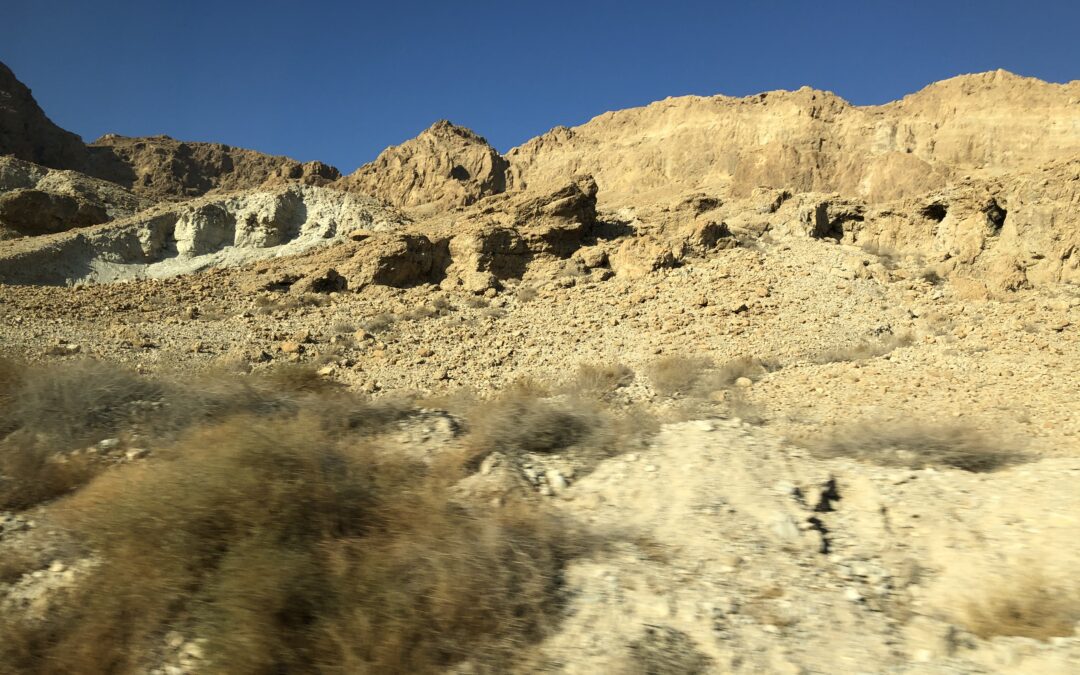
from Wikimedia
As we come to the end of the book of Vayikra, “Leviticus,” God is speaking to Moses b’har Sinai, “on Mount Sinai,” and giving him instructions regarding the shmitah, or Sabbatical year. “When you go into the land that I am giving you, the land shall keep a Shabbat for the Lord.” Rashi, our great medieval commentator, points out that this Shabbat–this year of rest–is a resting in honor of the Lord, not one where God will rest. Once seven cycles of seven years have finished, the 50th year is a Jubilee, yo-veil, where the land will rest yet again, debts will be forgiven, slaves will be freed and land would revert to its original owners, reminding us that the land ultimately belongs to God, we are to care for it and benefit from it within reason.
What follows is a list of natural and logical consequences for behavior; if the Israelites follow God’s commandments, the proper rains will fall, the land will yield its harvest, food will be plentiful, and “you shall live on the land in security. Of course, the flip side follows, that if God is rejected, then all kinds of terrible things will happen. To illustrate the concept of cause and effect, on Yom Kippur in Israel, when there’s little or no vehicular traffic in Tel Aviv, the nitrogen level in the air drops more than 75%!
Food plays an especially important role in Jewish life, from animals we can and can’t eat to not mixing meat and dairy, to the agricultural nature of our three pilgrimage festivals, Sukkot, Pesach and Shavuot, which is coming up soon. Shavuot especially, was a bringing of the first fruits as an offering to God in thankfulness for a bountiful harvest.
Plentiful food means security, and our Torah reading reminds us that if we follow God’s laws and commandments, that we will live securely on the land. At times, it feels as though we’re climbing mountains when we work to make the world a better place–both are hard work and take effort and determination–but the end result of this work is usually worth the effort.
While the Torah is speaking about the physical land of Israel, we can extend this to the US as well. Are we secure? Are those around us secure? We face existential threats every day; some things are beyond our control, but many are within our ability to help fix. Hunger, food insecurity, homelessness, job insecurity and the trials that come with aging are just a few of the ways that we can work–through our time, efforts and resources–to help fix.










0 Comments